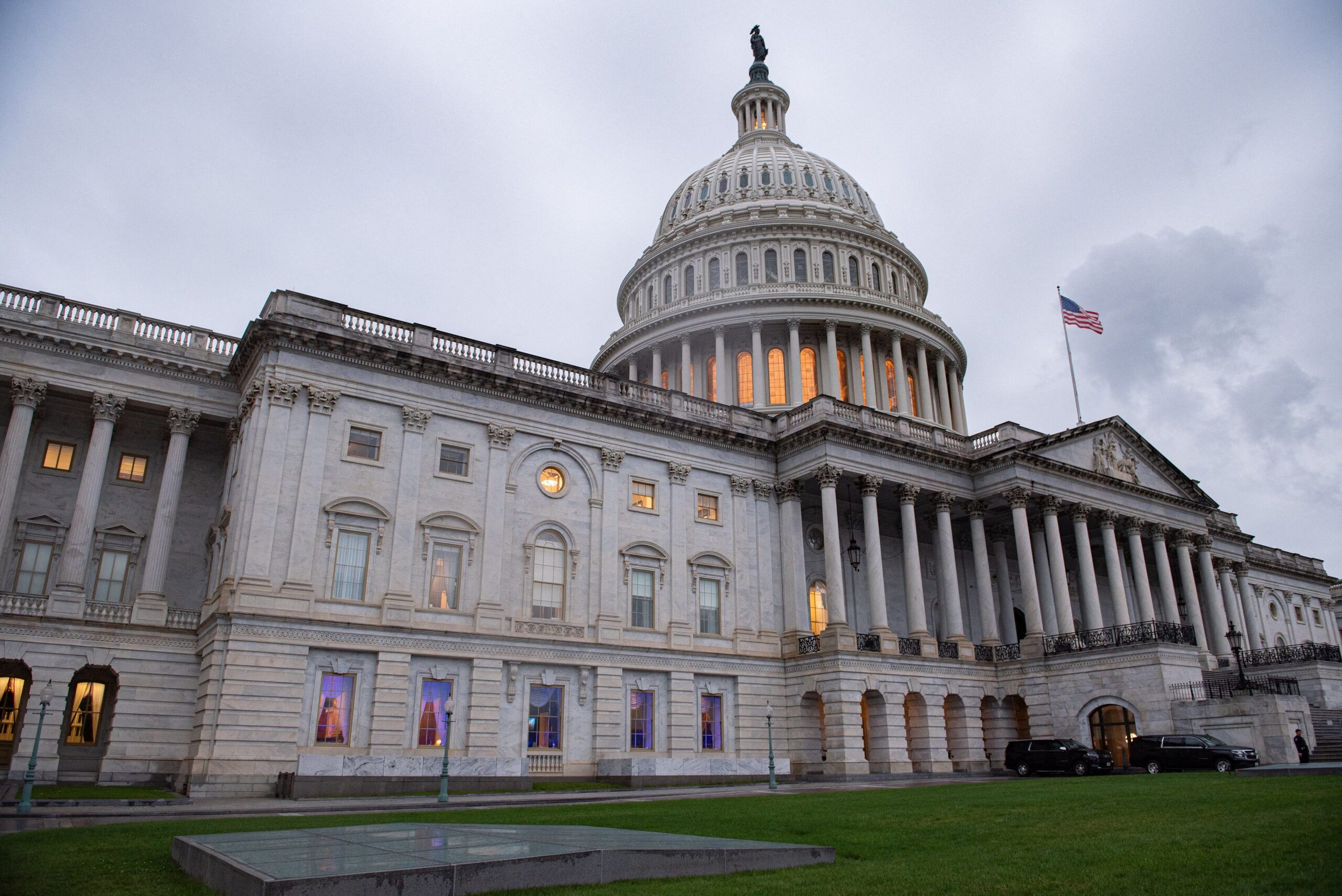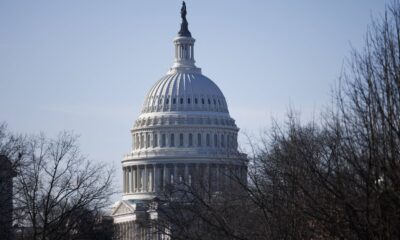The U.S. Senate Banking Committee on Wednesday heard from bankers, business owners and experts as lawmakers examine claims that banks deny services to individuals, groups and businesses on political grounds in a process known as “debanking.”
Banks themselves have argued that they do not deny services based on political ideology, but rather based on onerous and at times opaque rules and regulations. While Republican and Democratic lawmakers tend to agree that banks improperly deny services to some customers, they disagree on the causes.
The issue gained renewed attention last month when President Donald Trump accused Bank of America and JPMorgan Chase in particular of debanking conservatives, who have criticized so-called “woke capitalism.”
Conservatives point to initiatives dubbed “Operation Choke Point 1.0” during the administration of former President Barack Obama and “Operation Choke Point 2.0” under former President Joe Biden. Both initiatives involved investigating banks’ business with legal companies in industries deemed by the Federal Deposit Insurance Corporation (FDIC) to be at high risk for money laundering and fraud.
In Operation Choke Point 1.0, targeted “high-risk” industries included firearms dealers, payday lenders, online gambling and debt consolidation services, among other industries. In Operation Choke Point 2.0, cryptocurrency platforms and services were deemed to be a high risk for money laundering and fraud.
Mike Ring, President, CEO, and Co-Founder of Old Glory Bank, which launched in 2023 as “a market solution to debanking,” testified that regulatory roadblocks to launching new banks stifle competition and allow big banks to continue “voluntarily” debanking customers “who disagreed with them on COVID, or who supported Donald Trump, or who held
or donated to conservative causes.”
“Big banks debanking Americans is clearly wrong, but I do not believe the answer is additional regulations telling banks who they must bank,” Ring said. “For example, an openly pro-life bank should not be required to accept planned parenthood as a customer. Likewise, an openly pro-green bank should not be required to accept oil and gas companies as a customer.”
Ring pointed out that the U.S. “lost 73% of its banks” in the last four decades, and just eight new banks were created in the two-year period of 2023 and 2024. He said that starting a new bank is “nearly impossible,” pointing to the lengthy process Old Glory went through to apply to purchase a one-branch bank in Oklahoma.
“Ill never forget an all-hands Zoom call we had with the FDIC, the Federal Reserve, and the [Consumer Financial Protection Bureau], many of whom were D.C.-based,” Ring said. “These career bureaucrats behaved like they were on ‘Shark Tank’, with the discretion to pick winners and losers.”
Ring said lawmakers should appreciate the launch of smaller banks in an era of “too big to fail.”
“For all of the talk about not wanting banks who are ‘too big to fail’, the exact opposite has happened. Big banks keep getting bigger, small banks keep disappearing, and new banks are restricted from launching,” Ring said. “With so few banks, the big banks have too much power over freedom and the economy.”
While conservatives feel the firearms industry and crypto have been unfairly targeted for ideological reasons, Democrats including Sen. Elizabeth Warren, the committee’s ranking Democrat, say there have been thousands of complaints from people who were debanked, including Muslims and cannabis businesses, because the banks are relying on “black-box algorithms” instead of true due diligence.
In his testimony before the committee, Aaron Klein from the Brookings Institution think tank pointed out that banks have been required to report cash transactions over $10,000 to comply with anti-money laundering rules since 1972, but adjusted for inflation, that threshold would now be over $75,000.
Klein said that while banks are required to report suspicious activity, such reports have skyrocketed over the last two decades, from 288,000 reports of suspicious activity in 2003 to 2.5 million reports in 2023.

 Celebrity News1 week ago
Celebrity News1 week ago
 Entertainment1 week ago
Entertainment1 week ago
 Celebrity News1 week ago
Celebrity News1 week ago
 Celebrity News1 week ago
Celebrity News1 week ago
 TV Shows1 week ago
TV Shows1 week ago
 Celebrity News2 days ago
Celebrity News2 days ago
 News1 week ago
News1 week ago
 Celebrity News1 week ago
Celebrity News1 week ago
 News1 week ago
News1 week ago
 News1 week ago
News1 week ago
 TV Shows1 week ago
TV Shows1 week ago
 Celebrity News1 week ago
Celebrity News1 week ago




